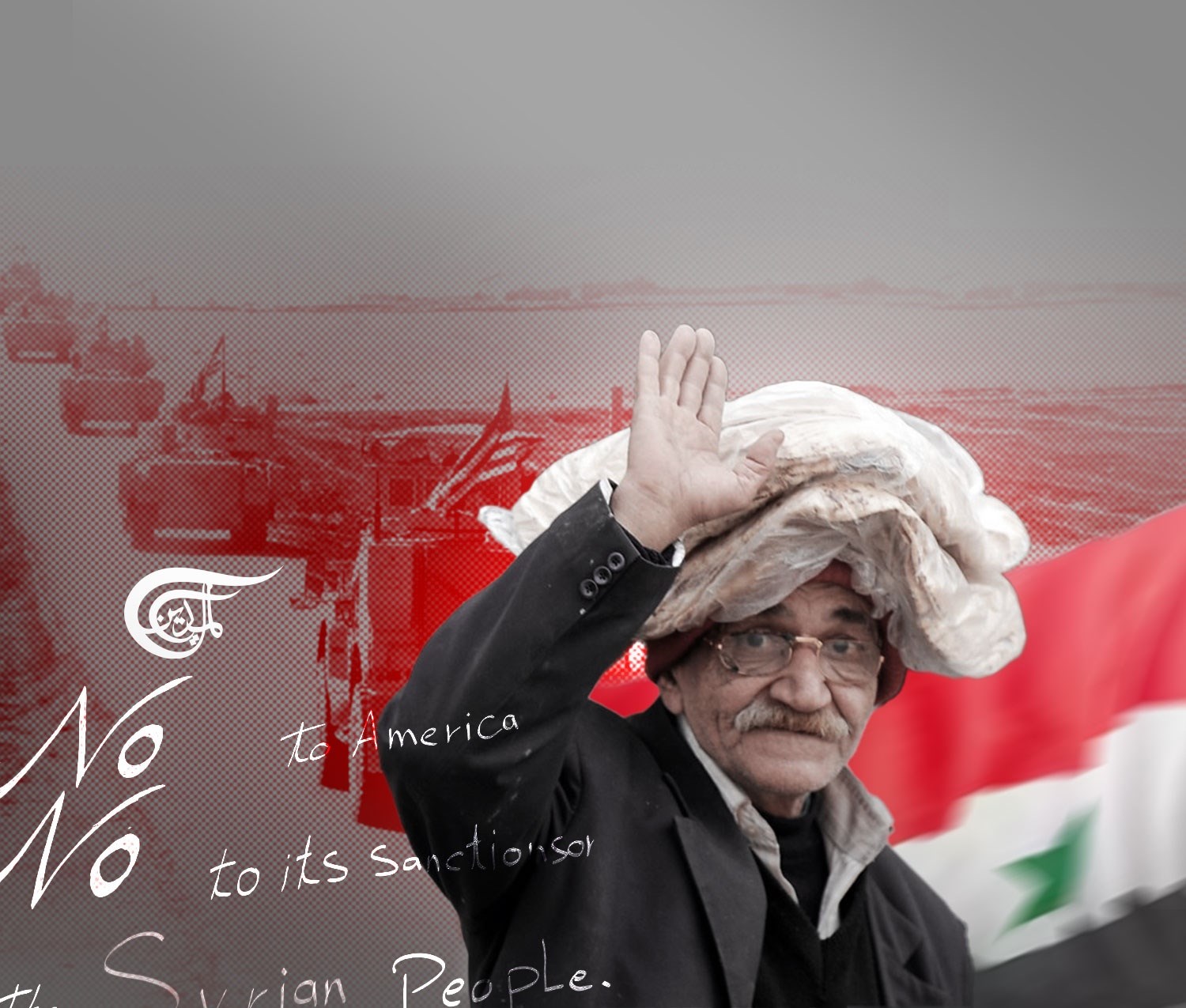The United States of Coercion is disenfranchising billions of their fundamental right to live
Economic coercion is generally defined in the US as the threat or imposition of economic costs by a state with the objective to extract policy concessions and advance geopolitical objectives.
-

An itch to dominate the world economic order is urging the US to securitize the international economy
After the end of the cold war, the US accumulated unprecedented economic power, allowing it to propel the country's growth and Americans' prosperity. Washington, at the same time, spotlit economic sanctions as a key instrument in its foreign policy. Major sanctions legislation such as the Cuban Liberty and Democratic Solidarity (Libertad) Act, commonly known as Helms-Burton Act, and the Iran and Libya Sanctions Act were introduced to coerce other economies.
The Libertad Act targeted even the US own allies for its “extraterritorial” reach given it authorized filing suits in American courts against any company including the European firms involved in business in Cuba. The legislation, ergo, was denounced in international fora such as the United Nations (UN) and the European Union (EU).
A large majority of the countries at the UN including members of the EU rejected the US unilateral attempts to coerce Cuba and the use of coercive measures that imperiled human rights and increased the economic hardship of the Cuban people. Last year, the UN for a record of 30th time voted 185-2 to lift the embargo; America is sticking to its policy of coercion as Cubans suffer from spiking inflation, power outages, and food crisis.
Jake Sullivan and William Burns, now US President Joe Biden's National Security Advisor and Director of the Central Intelligence Agency, in 2019 criticized the unilateral sanctions and promoted the idea of practicing them through America's international pressure. The duo cited Iran as an example whose exports and currency value shed by half and forced it to sit on the negotiation table for the nuclear deal.
Counter to Washington’s assurances that it provides exemptions for humanitarian assistance, Tehran cannot import even lifesaving medicaments as sanctions have blocked the legal channels for transactions even as one of the most isolated countries in the world reportedly has more than $100 billion in frozen assets withheld at overseas banks.
On the campaign trail, Biden promised to end his predecessor's "maximum pressure" sanctions; he is following this inhuman policy, meting out punishment to millions of Iranians. Studies continue to show sanctions have contributed to extensive harm to other target countries such as Afghanistan and Venezuela by restricting their access to foreign exchange and limiting their ability to provide essential public goods and services, exacerbating the humanitarian challenges.
Paradoxically, the same day the sanctions States took “historic steps” to enable the flow of humanitarian assistance to the vulnerable people on 20 December 2022, the UN ripped up America’s festivity of becoming “the first country to implement new humanitarian resolution” by holding the US unilateral sanctions responsible for 40,000 premature deaths every year in Iran just because the Iranian people were forced to drive older vehicles, causing high levels of respiratory and other diseases.
Biden vows to work in concert with allies and partners; his administration maintains unilateral economic sanctions against dozens of impoverished and developing countries. These sanctions have no legitimacy in international law yet are enforced through an enormous US economic strength with a powerful military to ensure their implementation.
The Sullivan-Burns doctrine is now the foundation of Biden's foreign policy. US Secretary Anthony Blinken in May 2022 declared diplomacy was “back at the center of American foreign policy” and asserted to align efforts with a network of allies, accusing China of coercion and economic manipulations.
An itch to dominate the world economic order is urging the US to securitize the international economy. This became evident as Sullivan (a security aide) "zoom(ed) out" on a broader international economic policy – and technology restrictions “premised on straightforward national security concerns” – as a principal tool to hamstring China’s economic and technological rise.
The goal is unambiguously to simultaneously bring key Beijing's trade partners under the US orbit, alienate and rally them against China, forge a coordinated response to Beijing’s "economic coercion," reinstate the US-led economic order and revitalize the “post-cold War decade” of high economic growth, massive job creation and dramatic foreign direct investment surge.
Economic coercion is generally defined in the US as the threat or imposition of economic costs by a state with the objective to extract policy concessions and advance geopolitical objectives. The same definition applies to America, which through tariffs and technology curbs on Chinese goods and companies – and pressurizing Europe into following its lead – has declared an “economic warfare” against China with the aim to "slow" Beijing’s development but will have “huge geopolitical consequences.”
The potential geopolitical implications of the US rivalry with China are plenty. One of them is that an impediment to Chinese growth will shake the foundations of the global economic system for the world’s second-largest economy is deeply intertwined with and serves as a bridge between the developed and developing world.
More critically, China's containment poses risks to the well-being of 1.4 billion Chinese people whose basic human right to live and prosper would be threatened; it will also have a trickle-down effect on dozens of developing countries and billions of people whose fates are tied with China’s growth and investments and infrastructure development. The North-South divide will widen. Poverty will rise. Anti-western sentiments will grow.
“De-risking,” a watered-down version of “decoupling,” risks these repercussions to spread vertically and horizontally. Unveiled by the European Commission President Ursula von der Leyen in March, the face-lift of the US economic coercion is neither beneficial for the bloc nor endorsed by the people of the major regional economies who were less supportive and more averse to the concept even before it was institutionalized at the wealthy-only summit in Hiroshima. Several leaders and political figures in the continent also hold similar views and remain too worried about Biden’s China policy, believing trade relations with Beijing are vital for them.
While the US and Europe need to weigh up the unintended consequences of the rhetorical change ("decoupling" to "de-risking") as billions around the world are watching the US sanctions war against China in horror that is much more likely to push them further to the brink, Washington should end its illegitimate and unlawful economic blockade of Afghanistan, Cuba, Iran, and other countries, depriving millions of food, electricity, and medicine and crucifying them with relentless brutality.

 Azhar Azam
Azhar Azam
 6 Min Read
6 Min Read











